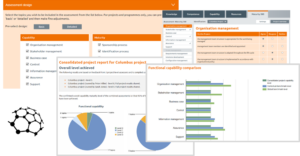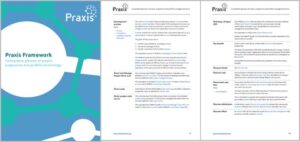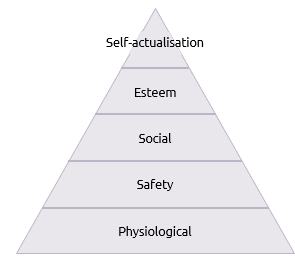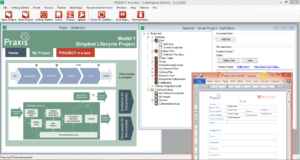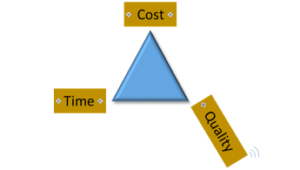Adrian Dooley

Written Articles
Capability maturity assessments are often done once or twice a year to check on how an organisation is performing and hopefully to improve project and programmes delivery . But between assessments, organisations can suffer a loss of focus on the things that need to be done to make project and programme delivery more efficient and effective. The new assessment […]
Praxis, the free on-line framework for managing projects, programmes and portfolios, has now launched its comparative glossary of P3 Management terms. The first edition compares and explains terminology from PRINCE2TM, the PMBoK® guide, ISO21500, the APM Body of Knowledge and Praxis. It also includes hundreds of common project management terms. Future editions will include other […]
As the need for rounded project management professionals becomes even greater, a new publication aims to guide individuals and organisations through the confusing landscape on the journey to becoming a true professional. With Praxis Framework: An integrated guide to the management of projects, programmes and portfolios, author Adrian Dooley draws the best from recognised guides […]
This question was recently asked in a LinkedIn forum. It went on to say that Maslow was ‘disproven in the 1950s’ so we should not continue to teach it. In case you didn’t know. Maslow’s ‘hierarchy of needs’ is a theory of motivation published by Abraham Maslow in 1943. It was never based on any […]
Since its launch in May, the Praxis Framework has received plaudits from around the world. It is the first guide to combine knowledge, method, competence and capability maturity in a single integrated framework covering projects, programmes and portfolios. Praxis is free and community driven, and volunteers are already working to extend and enhance the basic […]
We’re all familiar with the idea of documents such as a change log or lessons log. Some people also keep a diary known as a daily log, but how many of us use that as a sort of ‘ideas log’? Many good project and programme managers have a creative streak. They are constantly thinking of […]
OK! Now I’ve got your attention, I’m not really saying we should drop the idea of quality in project management, I’m just saying we should look at it in a different way. Take the ‘triple constraint’ for example. Its creation is usually attributed to Dr. Martin Barnes and the basic idea is that you can’t […]
Some years ago, I was working in a company that manufactures and installs marine power plants around the world. One of their typical projects lasted for 4 to 5 years and contained many sub-projects which in themselves had a value of millions of dollars. The sub-projects were further broken down into work packages and then […]
or ‘The answer to risk management that isn’t working is not more risk management’ I was invited into the office of a Director of a large, regulated infrastructure business. In the UK, companies regulated in this way are obliged to invest in the country’s infrastructure. The target amount of investment is agreed with the regulator […]
With depressing regularity, someone in a magazine or a social media site will ask “What are the top reasons why projects fail?” Unsurprisingly, such surveys come up with the same old answers time after time. The first example I ever found was from an IPMA conference in 1972, so we’ve been identifying the same reasons […]

